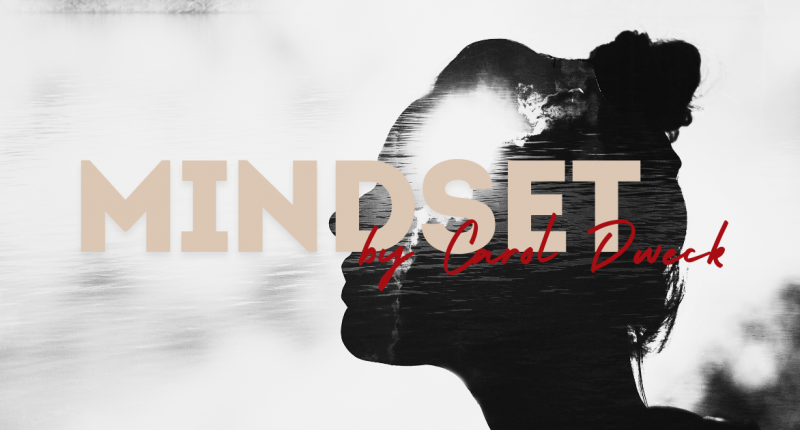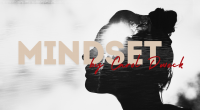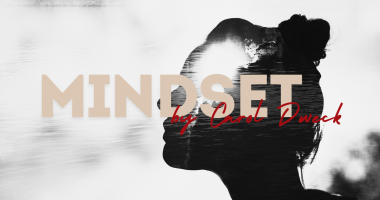Have you ever avoided a challenge because you were afraid of failing? Or felt like you weren’t “smart enough” or “talented enough” to succeed? I’ve been there. And for the longest time, I thought my struggles were a reflection of my abilities. But Chapter 2 of Mindset: The New Psychology of Success showed me that it’s not about talent—it’s about mindset.
Carol Dweck dives deeper into how fixed and growth mindsets shape the way we approach challenges, effort, and learning. And the differences are striking.
Fixed Mindset: The Fear of Failure
People with a fixed mindset tend to avoid challenges. Why? Because challenges come with the risk of failure, and failure feels like a reflection of their abilities. If they’re not immediately good at something, they assume they never will be.
I used to think this way. I’d avoid trying new things because I was afraid of looking foolish or failing. But what I didn’t realize was that by avoiding challenges, I was also avoiding growth.
Growth Mindset: The Love of Learning
On the other hand, people with a growth mindset embrace challenges. They see challenges as opportunities to learn and grow, and they’re not afraid of failure. In fact, they view failure as a stepping stone to success.
This was a game-changer for me. I realized that I didn’t have to be perfect at something right away. I could start where I was, put in the effort, and improve over time. And the more I embraced this mindset, the more I started to see progress in areas where I had previously struggled.
Effort: The Key to Mastery
One of the most eye-opening parts of this chapter is how mindsets influence our perception of effort. For fixed-mindset individuals, effort is seen as a sign of inadequacy. They think, If I have to work hard, it means I’m not smart or talented.
But for growth-mindset individuals, effort is seen as a necessary and positive part of growth. They think, The harder I work, the better I’ll become.
This really resonated with me. I used to feel embarrassed when I had to put in extra effort to understand something. But now, I see effort as a sign of commitment and determination. It’s not about being perfect—it’s about getting better.
Failure: A Learning Opportunity
Another key difference between the two mindsets is how they view failure. Fixed-mindset individuals see failure as a reflection of their abilities and often give up easily. Growth-mindset individuals, on the other hand, see failure as a learning opportunity and persist despite setbacks.
I’ll admit—I used to be terrified of failure. But now, I try to see it as feedback. When something doesn’t go as planned, I ask myself, What can I learn from this? How can I improve next time? And that shift in perspective has made all the difference.
Final Thoughts
Chapter 2 was a powerful reminder that our mindset shapes our behavior, which in turn shapes our outcomes. If we want to achieve our goals and reach our full potential, we need to embrace challenges, value effort, and see failure as a learning opportunity.
If you’re feeling stuck or limited by your mindset, take a moment to check in with yourself. Are you avoiding challenges because you’re afraid of failing? Are you seeing effort as a sign of weakness? And most importantly, what can you do to shift toward a growth mindset?
Remember, success is not about talent—it’s about effort, learning, and persistence. And with a growth mindset, there’s no limit to what you can achieve.


